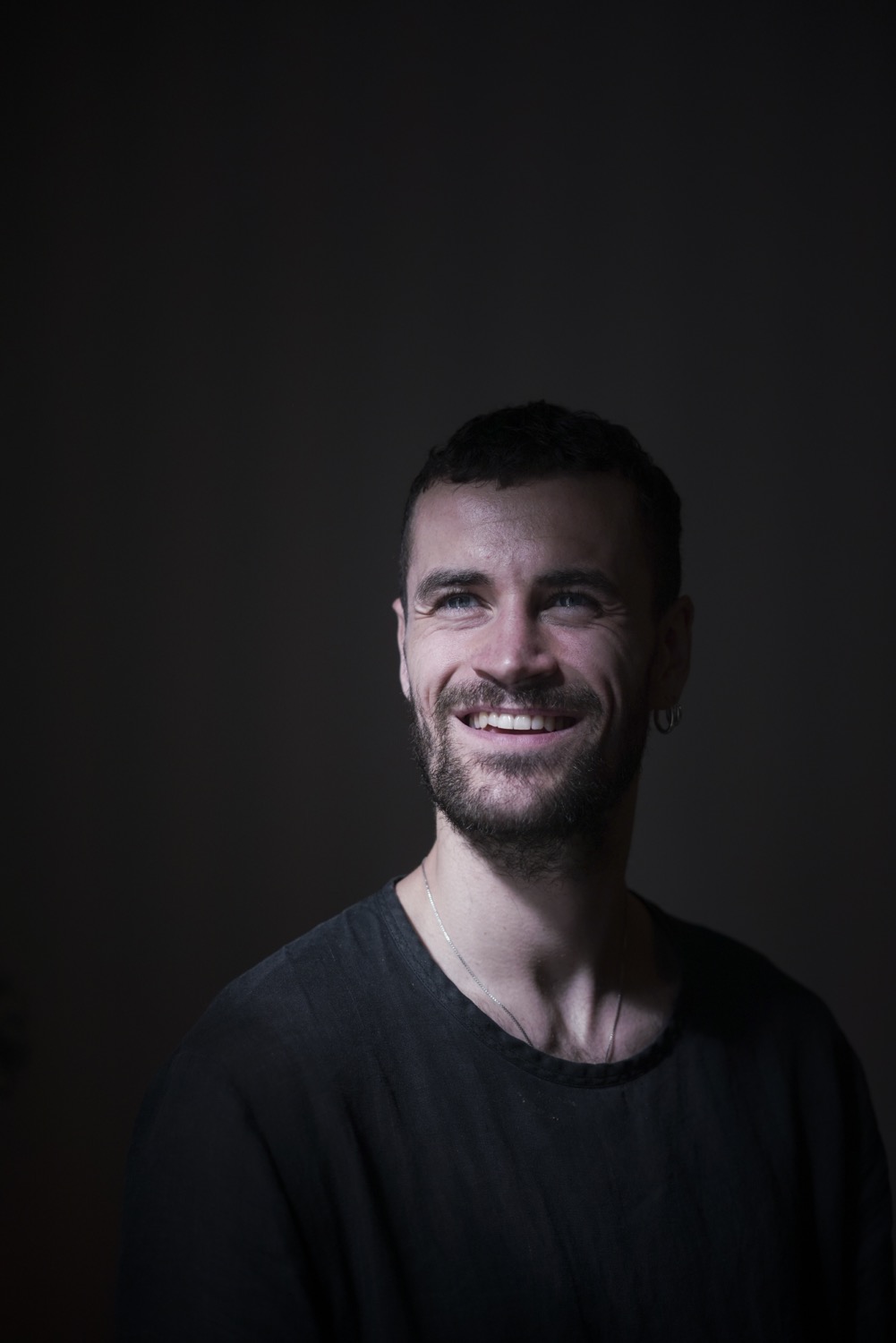Integral Theory: Spirituality & Tradition
- Fred Day

- Dec 23, 2020
- 3 min read
Updated: Feb 16, 2024
We are blessed living in the internet age. Information at our finger tips. On every topic imaginable. And even more…
It is a fantastic phenomenon that is bringing about change to the masses. And one I would like to believe is facilitating a dramatic shift in collective consciousness and our understanding of it.
Seeing the resources and information available about the vast multitude of spiritual teachings, practices and self-help tools is wonderful and encouraging.
Yet, part of me also recognizes a slight negative consequence of this plentitude of information and its ease of access. That is, in a society where the subliminal cultural message is always one of ‘more’, ‘bigger’, better’, we can find ourselves overloaded and confused with the amount of content. Consuming more stuff. Learning more stuff. Practicing more stuff.
It ought be noted however, that the places and times where many spiritual practices arose (be that, yoga, meditation or prayer) were not conflicted with the complications of modern life. There was not the instant access to information as we have now. This meant, as a seeker, one had to venture out of conformed ways and find a teacher in their locality with wisdom to teach.
Therefore, wisdom traditions were locally and culturally tied. And often this meant, one would find a teaching and/or practice and stick with it. One probably didn’t have much access to anything else to sidetrack them.
In the globalized world, with this instant access to multiple teachings and practices, we can easily get side-tracked. There is the danger of being overloaded, deluded, and mixing content and teachings. This can lead to losing the essence of core teachings or the potency of a practice.
One could try out one thing for a month or two, and then hop onto the next trending thing which comes up on their newsfeed. And then two months later, then same again. I speak from experience and ask how effective this approach is?

Ken Wilber in 'Kosmic Consciousness', talks of the importance of lineages in spiritual traditions and the importance of learning spiritual practices from a master belonging to a lineage. Why value traditions and masters / gurus? Well, because as long as the teacher is teaching from the tradition and/ or belongs to a linage, there is to some extent a safety net there to qualify them.
That is, they themselves have been taught and tested by previous masters in that tradition; they have been tested for blind-spots and have been checked to see how much of their ego they still motivates their actions.
This is very much the case in a tradition like Zen Buddhism. Because it is so easy for us to be deluded by our egos - even for teachers - there runs the danger that teachers go about preaching whilst still not having develop other aspects of their personality which avoid them from being overcome by ego drives.
This relevant 'safety net' of tradition could be another aspect to consider when approaching spirituality in the post-modern era - an era which is perhaps all to quick to jump to pluralism, multiple-truths and the disparagement of tradition.
A key component of Wilber's Integral model is an evolution beyond post-modernism, where both traditionalist and pluralistic perspectives are contextualized and not seen as better or worse then the other.
But my opinions rest somewhere in the middle: I believe in synthesis, integral perspectives, contextualization and progression: old ways adapting to the modern world; finding what works in today’s social climate. Yet, I also believe in the power and necessity of consistent practice of long-tired and tested methods. These practices are what they are for a reason, no?
So, how does one in the information age reconcile this? To cut through teachings to find Truth at the core? That which resides through all traditions and teachings? Ultimately, I would say figure out what works for you. What resonates with you? What is applicable and effective in your personal life circumstance. What do you have access to outside of the internet? Example: for some, meditation does not work; for others, plant medicine has been the only effective therapy.
Keep seeking. Stay smart.



Comentários